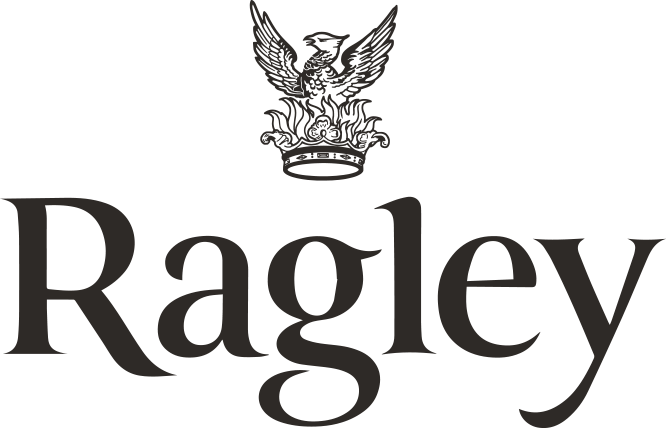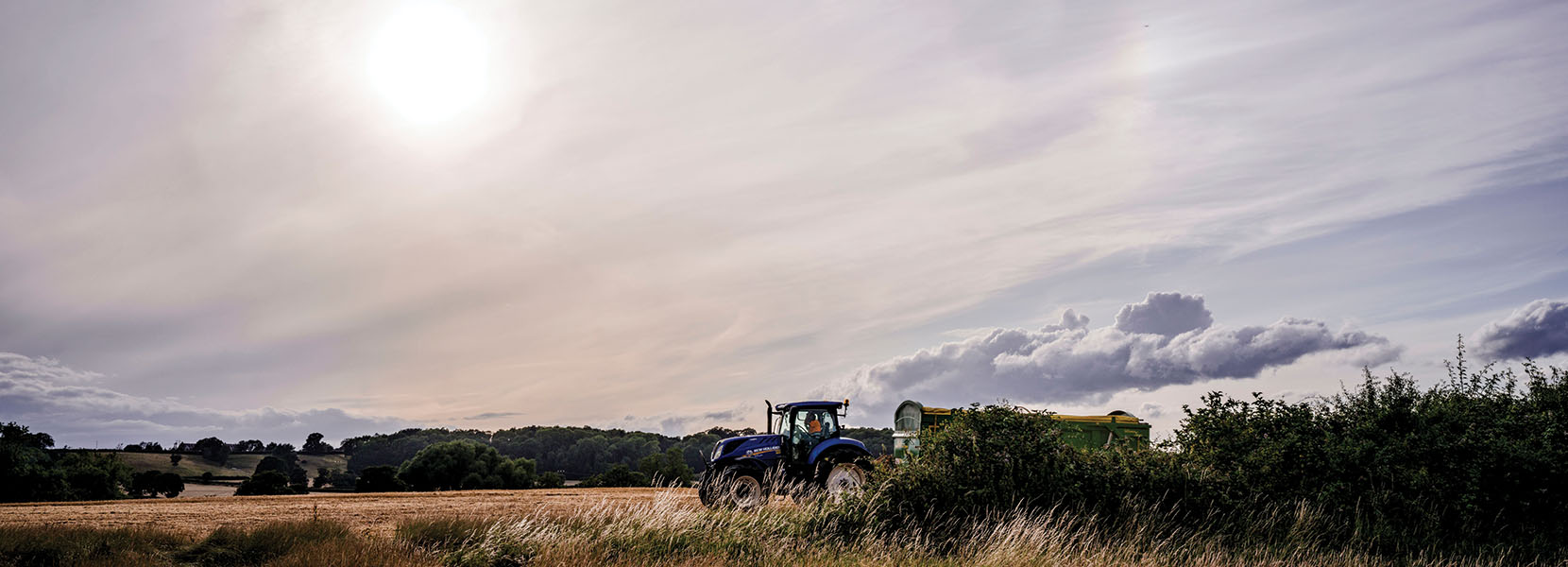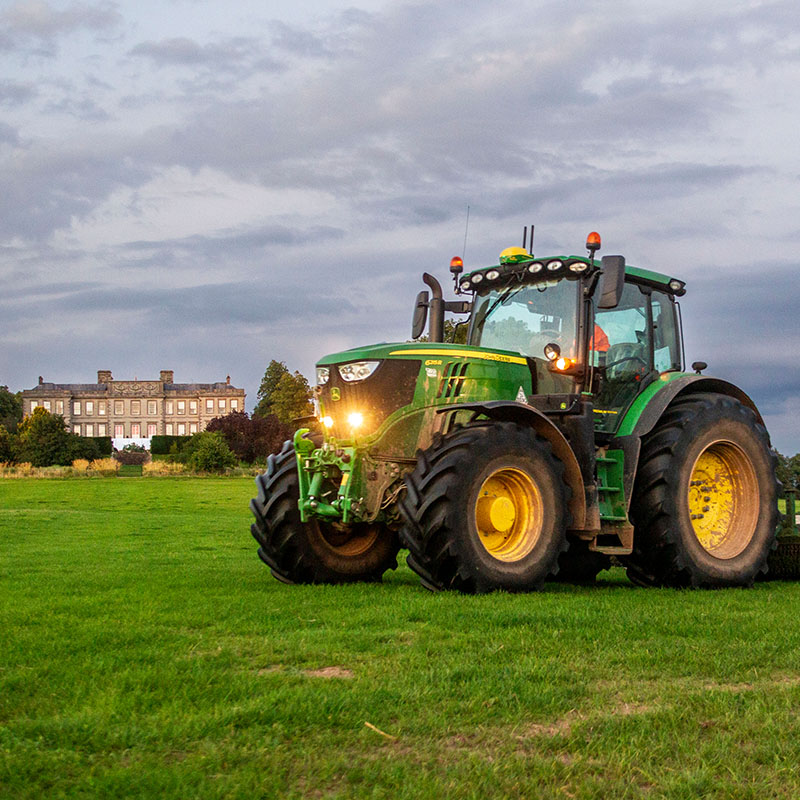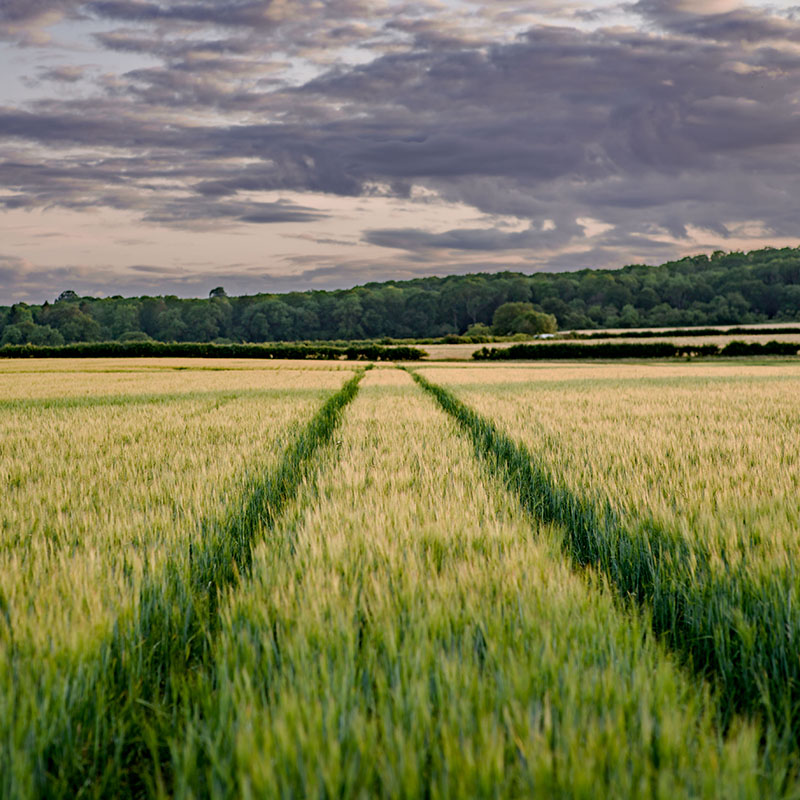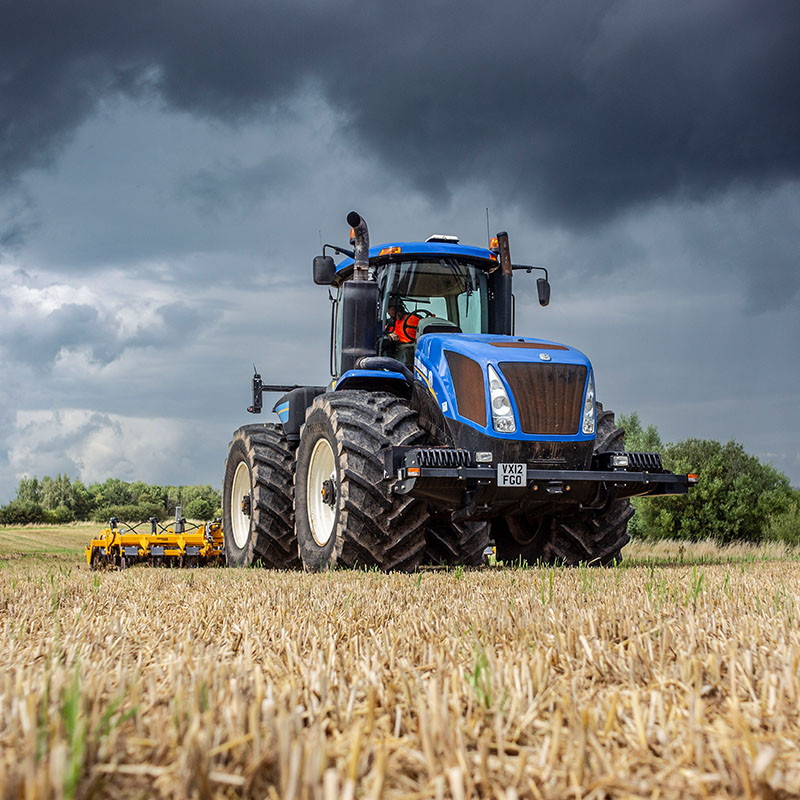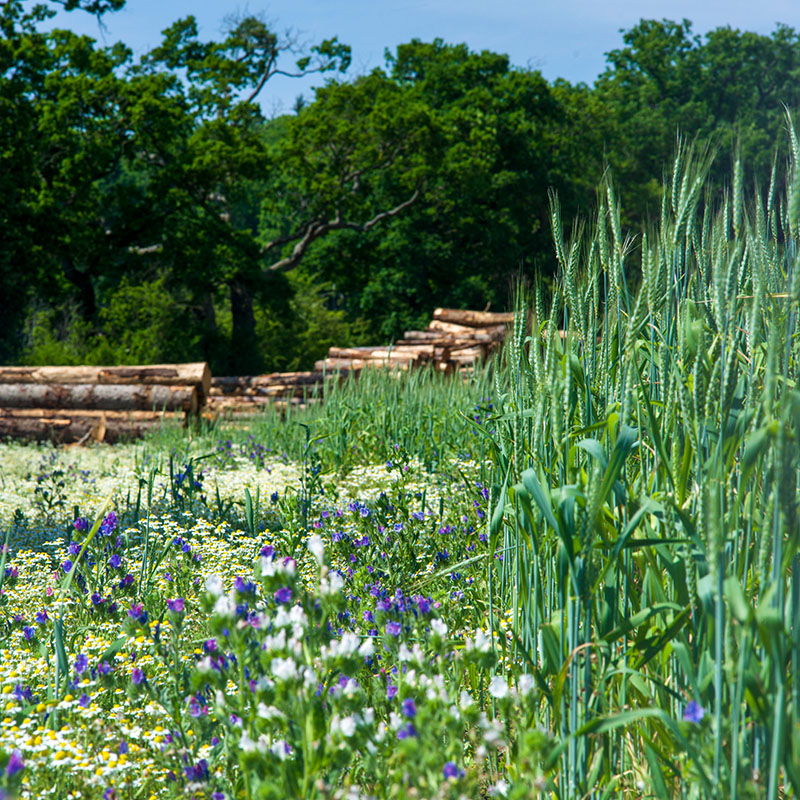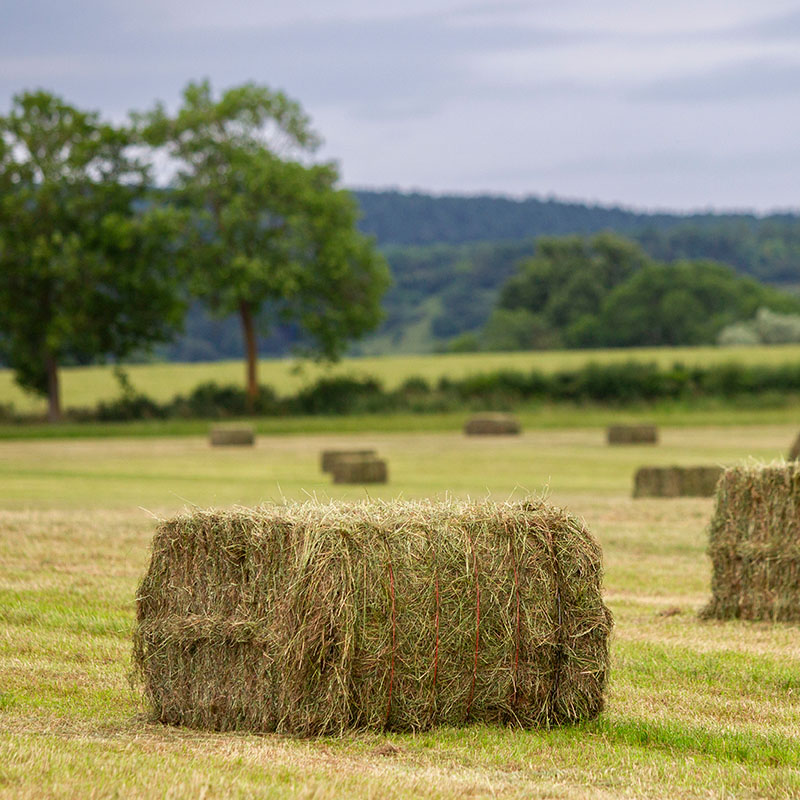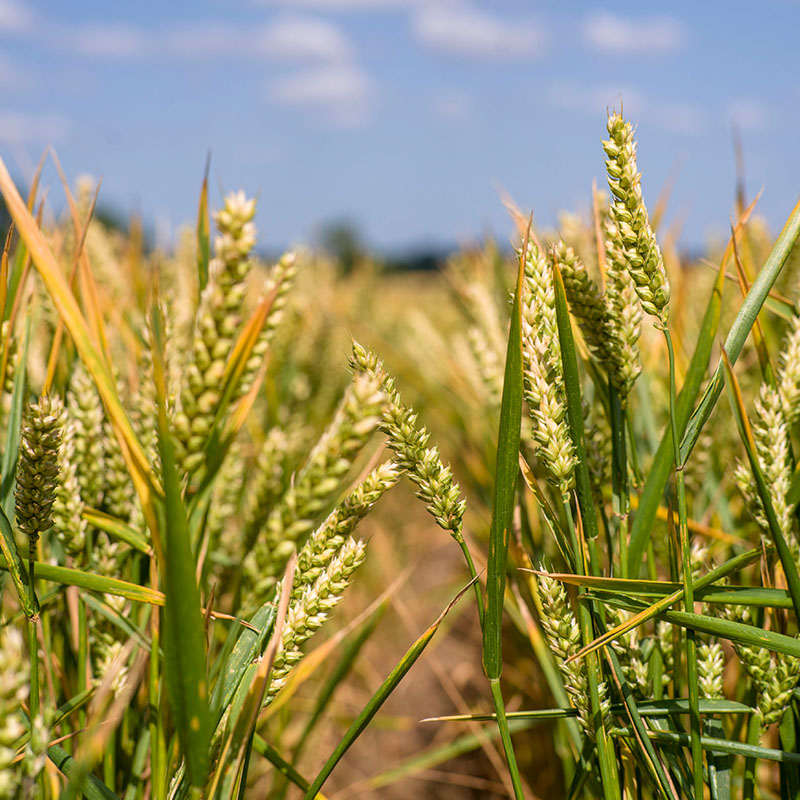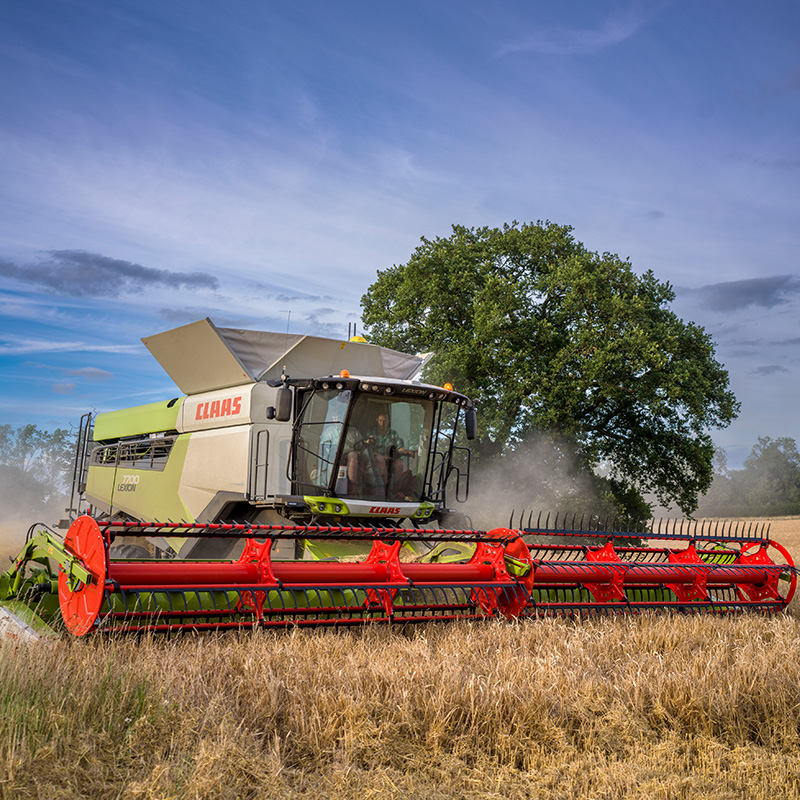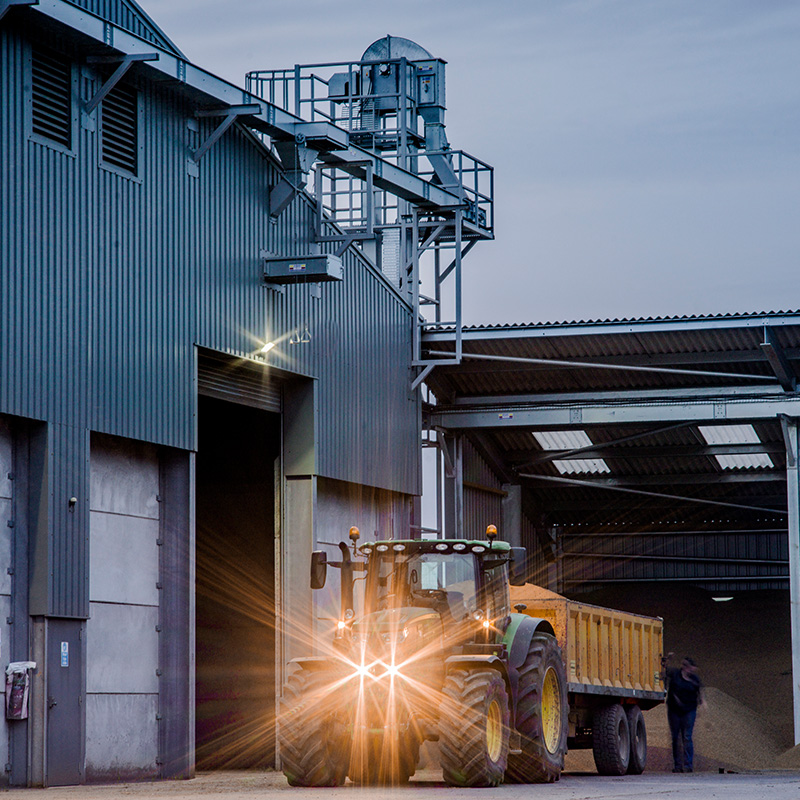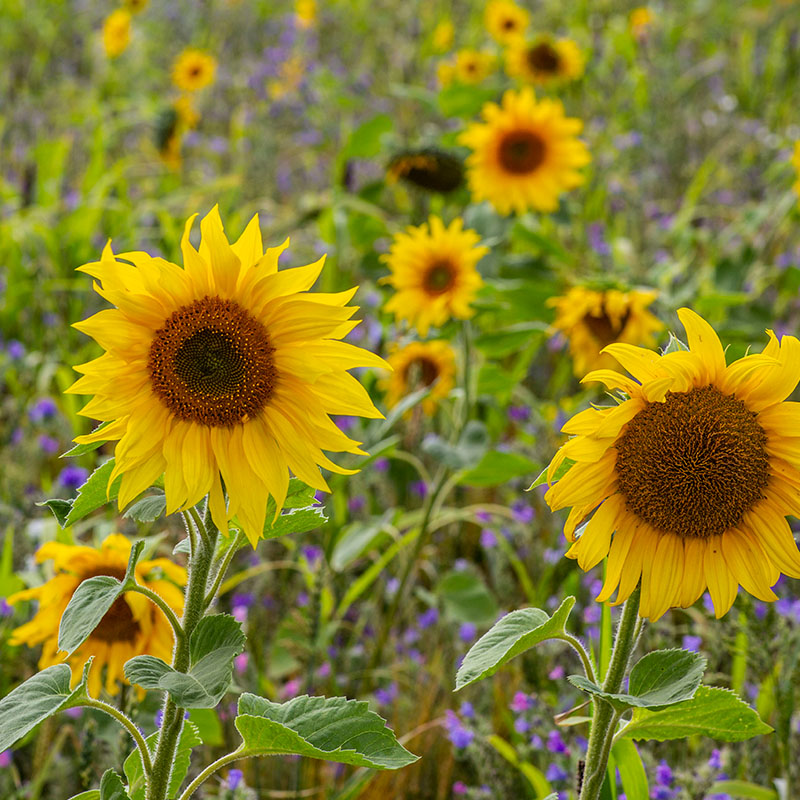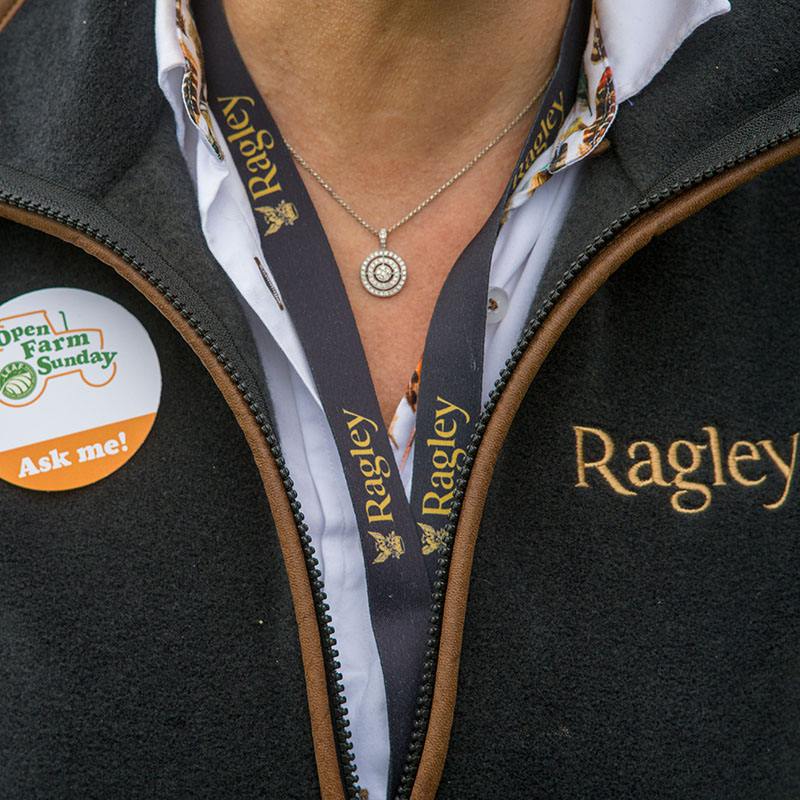Farming at Ragley
3,500 acres of the Ragley Estate is allocated to our in-hand arable and sheep farming. We farm using a mixed-use regenerative approach with specialist crops to improve soil heath alongside yield. A wide range of diversified crops are grown including winter and spring wheat, winter and spring barley, rape, oats, borage and grass for winter grazing and silage.
Soil disturbance is kept to a minimum with direct drilling made into previous year’s crops. Crops are rotated to minimise disease, and we increasingly use cover crops to manage soil fertility, weeds and create further biodiversity.
This also reduces the need for repeat farming processes involving heavy machinery – benefiting soil health and compaction as well as reducing diesel use. Soils are tested regularly to measure nutrient and soil health.
Careful planning, seed selection and accurate application of products – using only what is needed – are all part of our fully integrated approach to farming. Seed mixtures are tailored to different aims – to improve soil structure, to increase organic matter, or to provide forage for the sheep.
